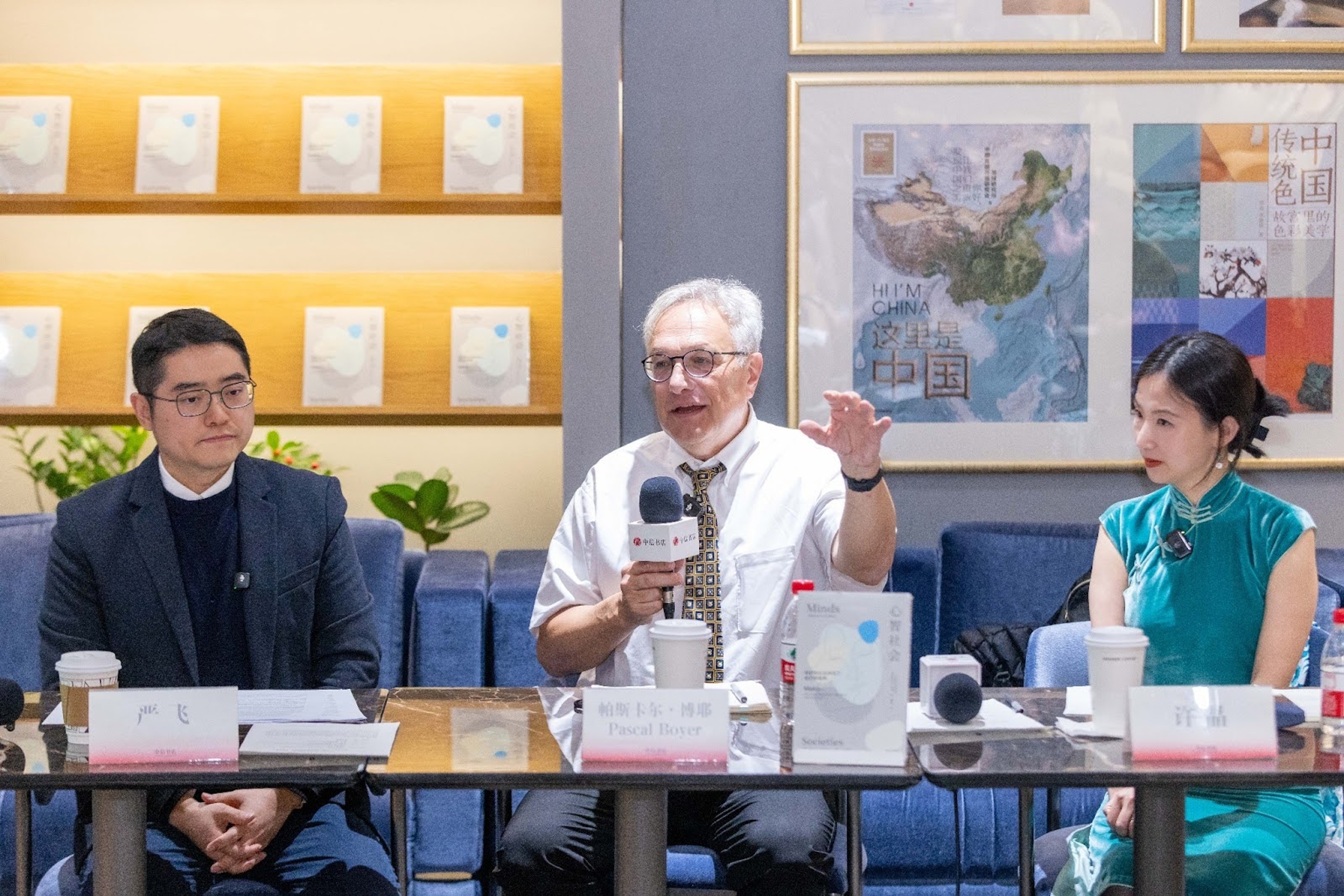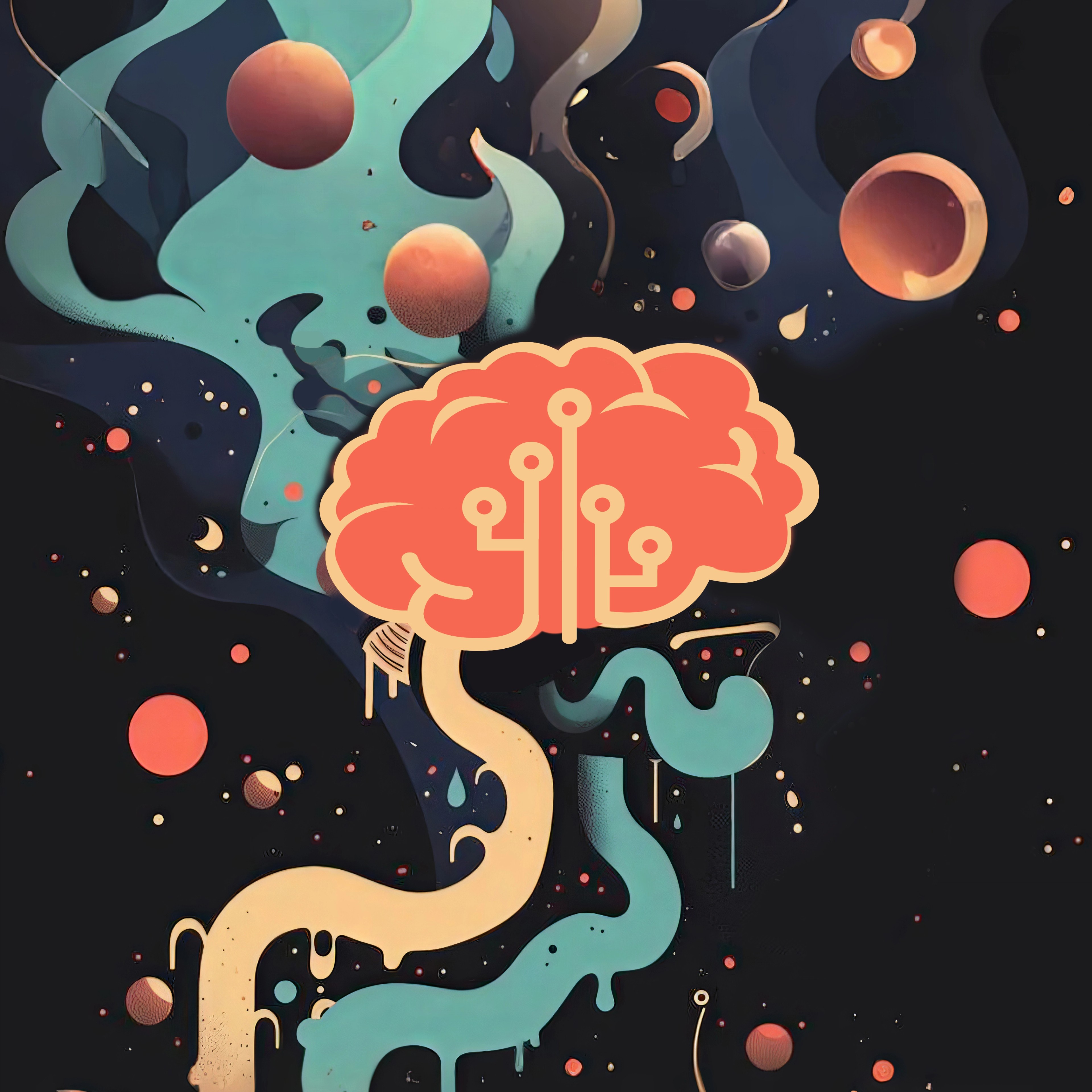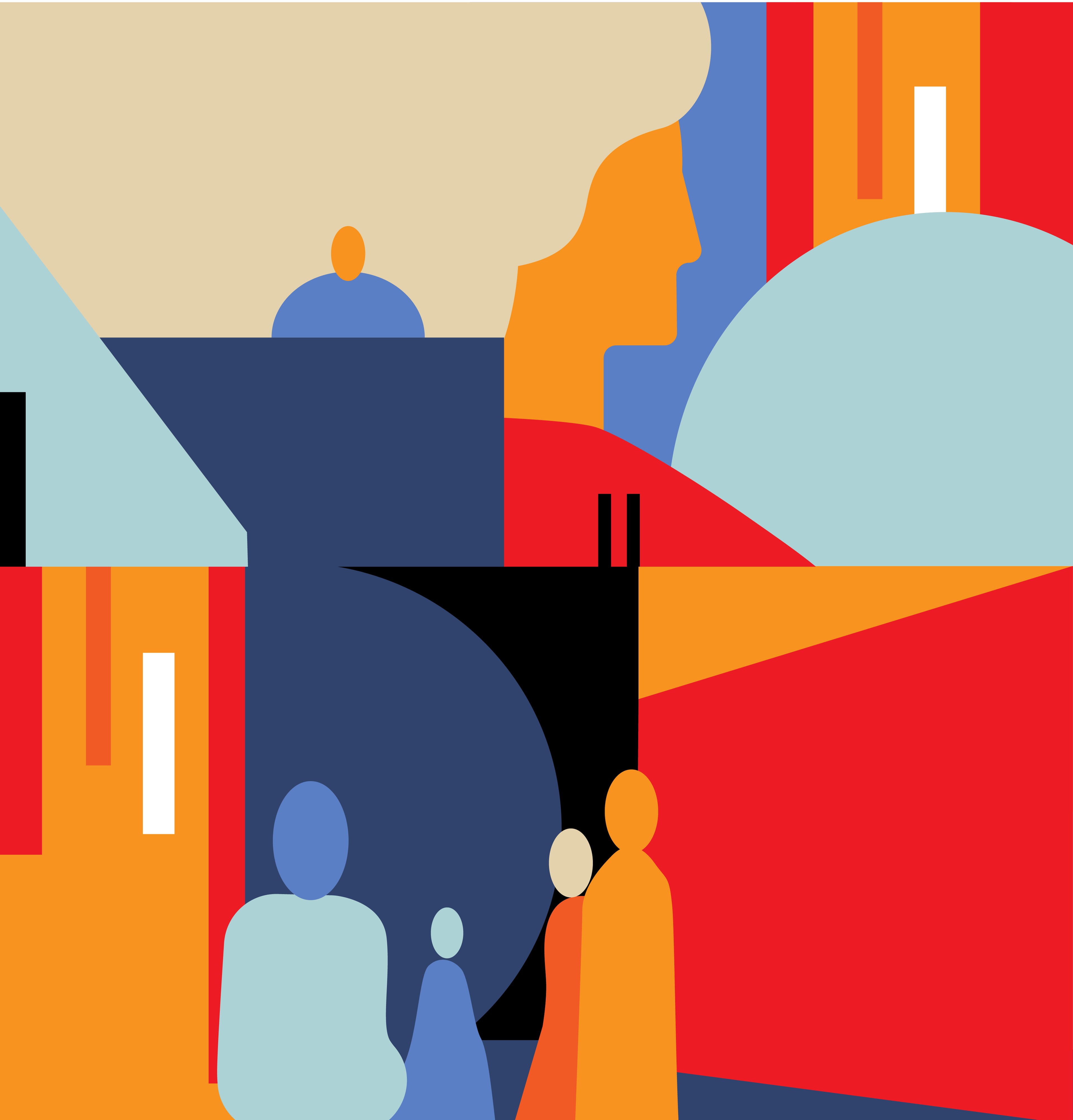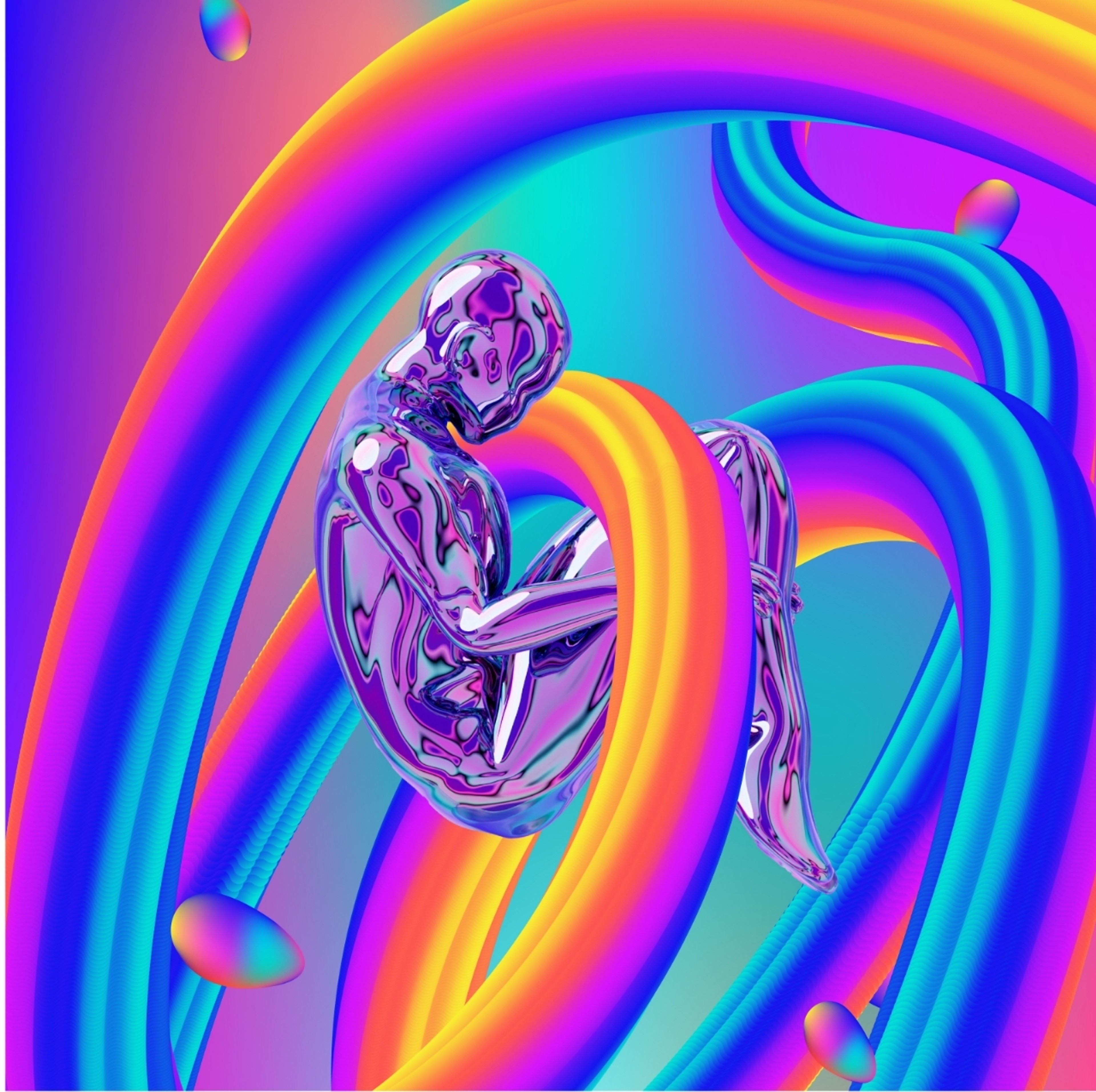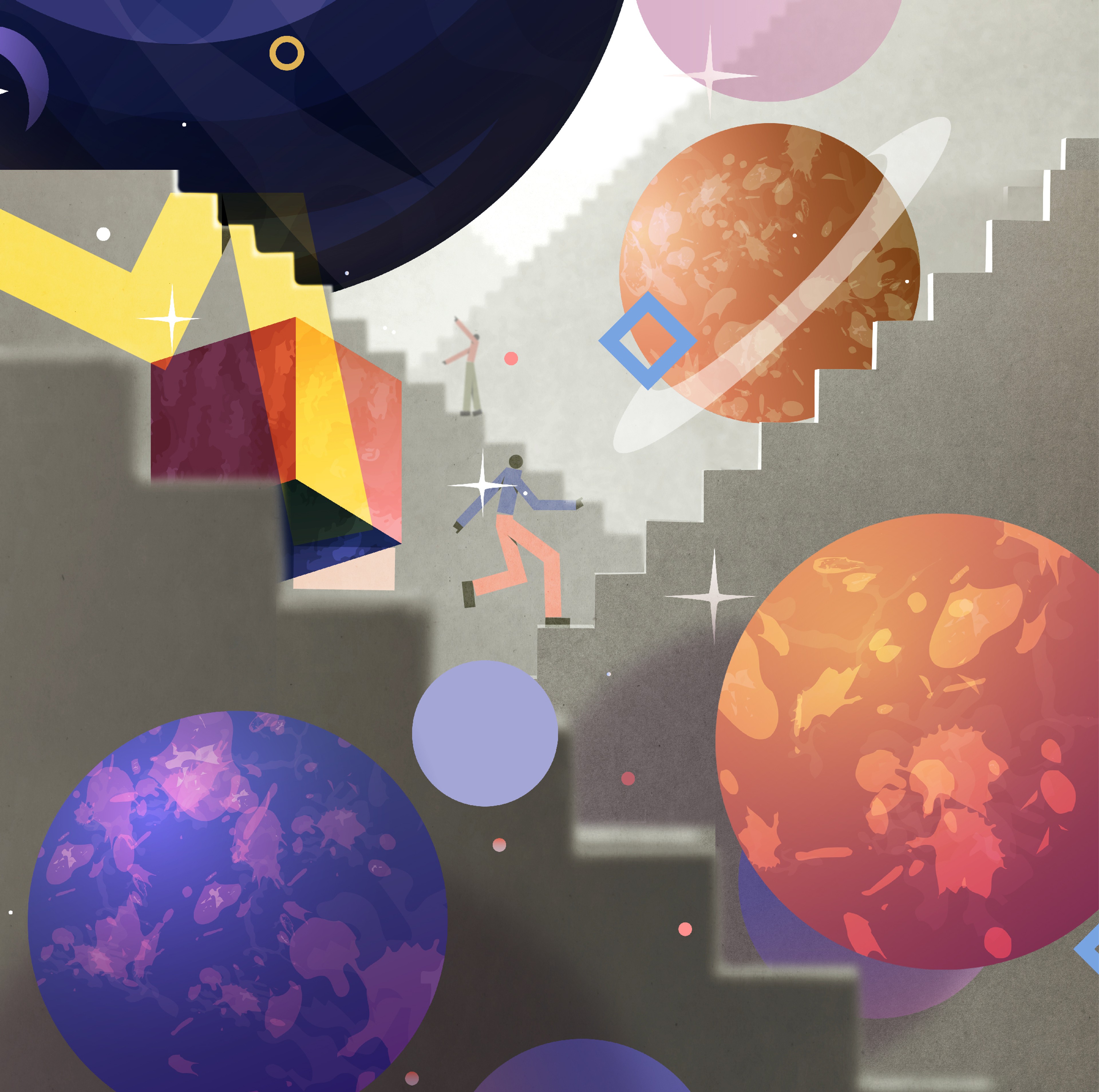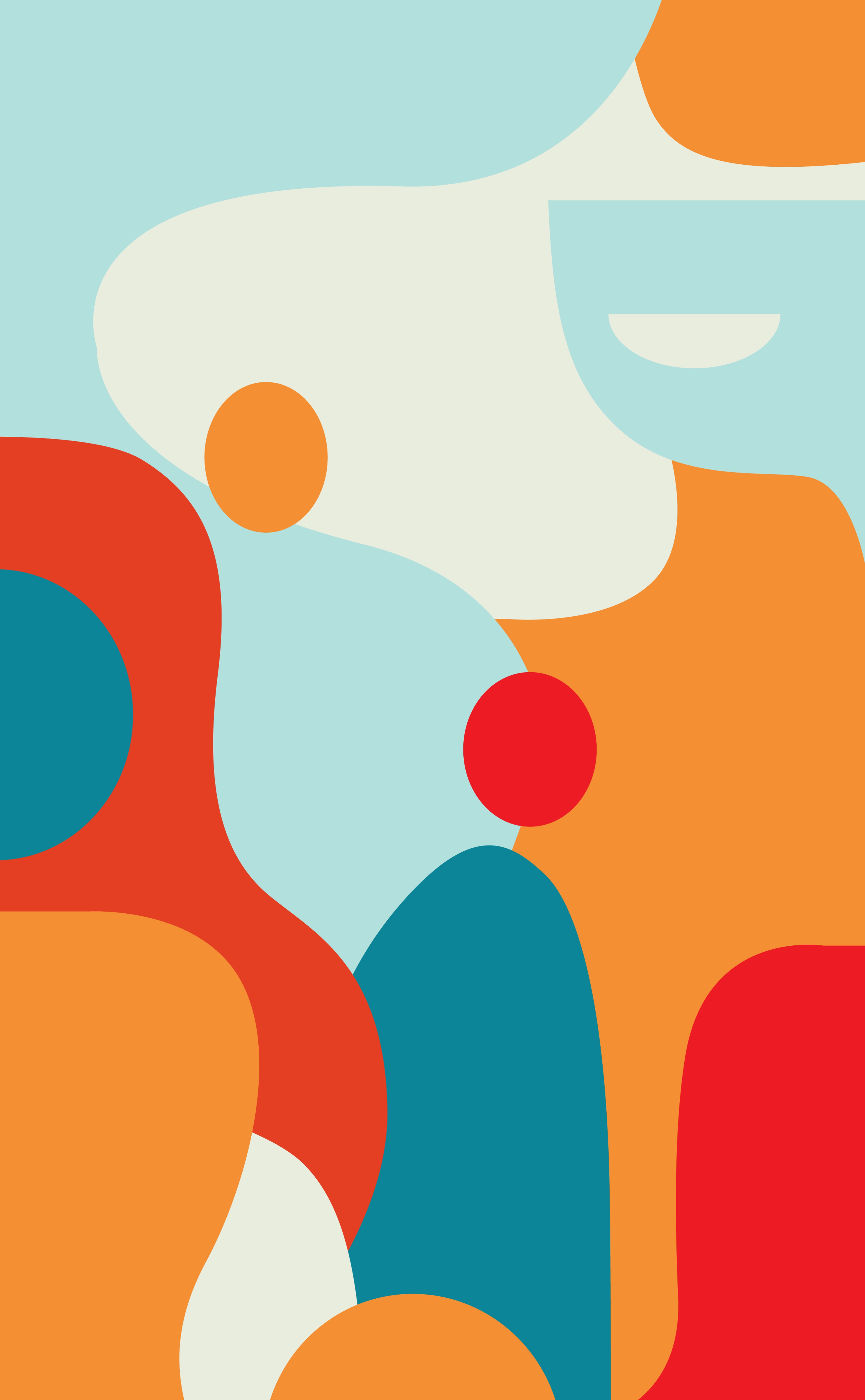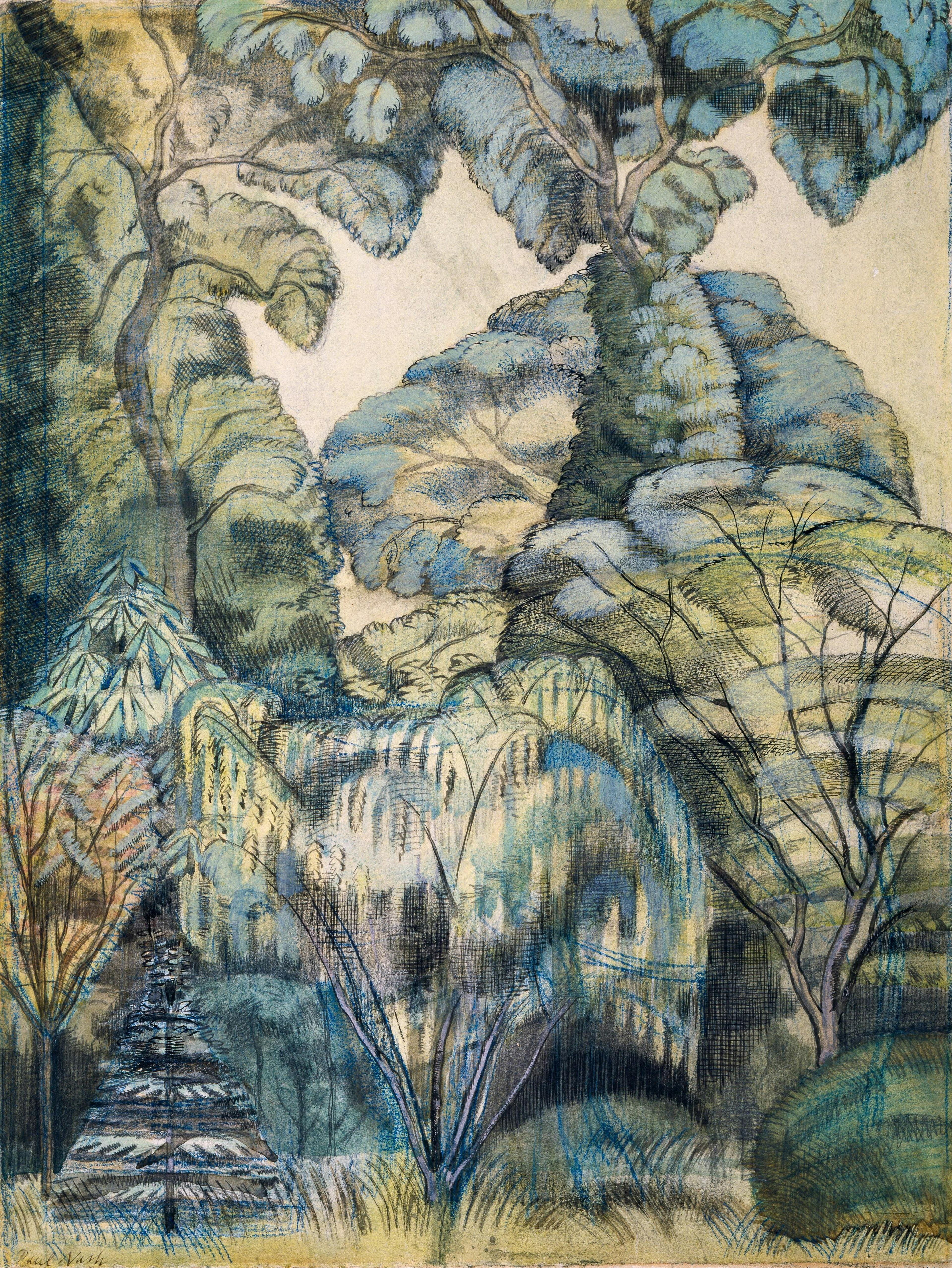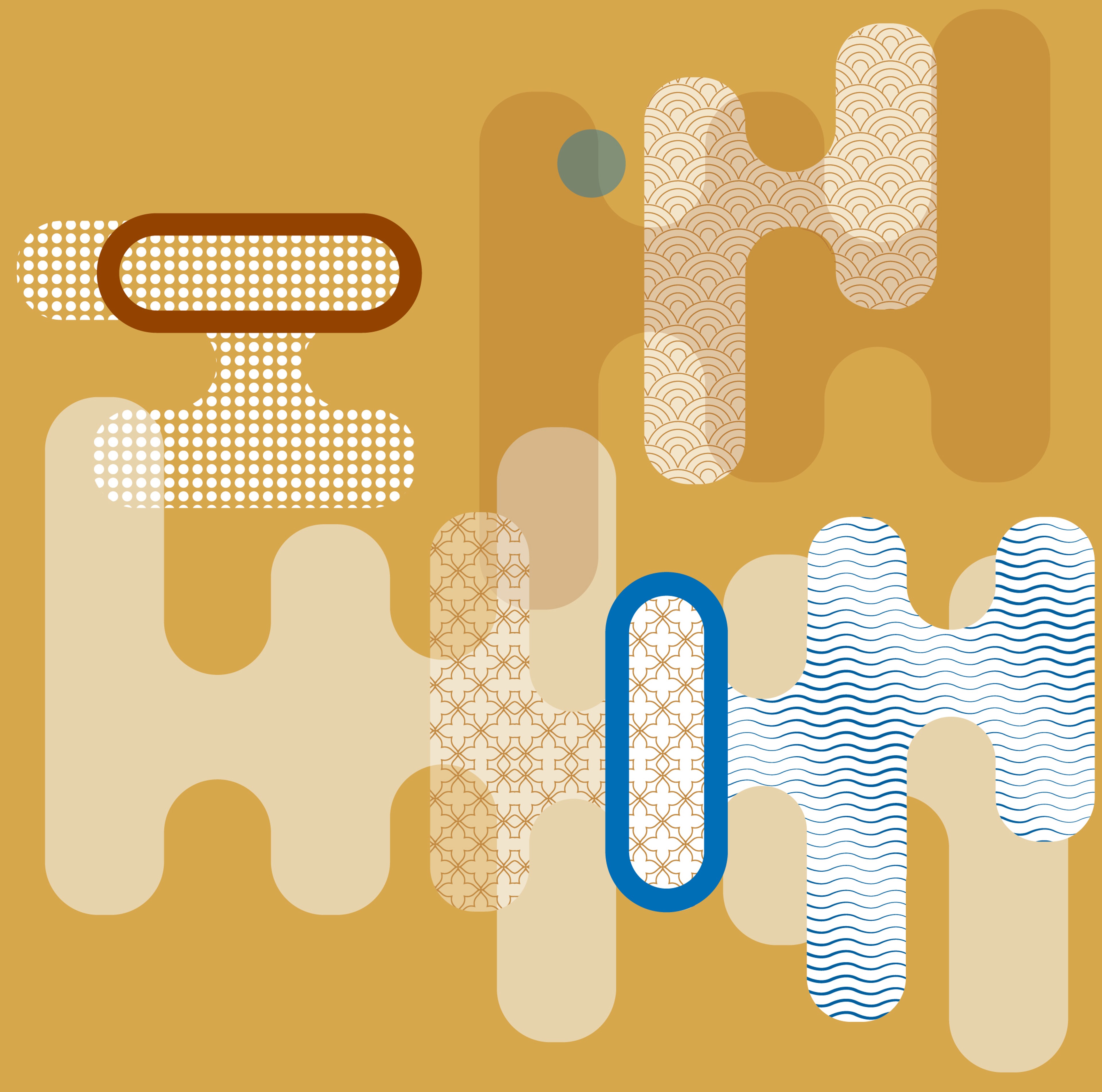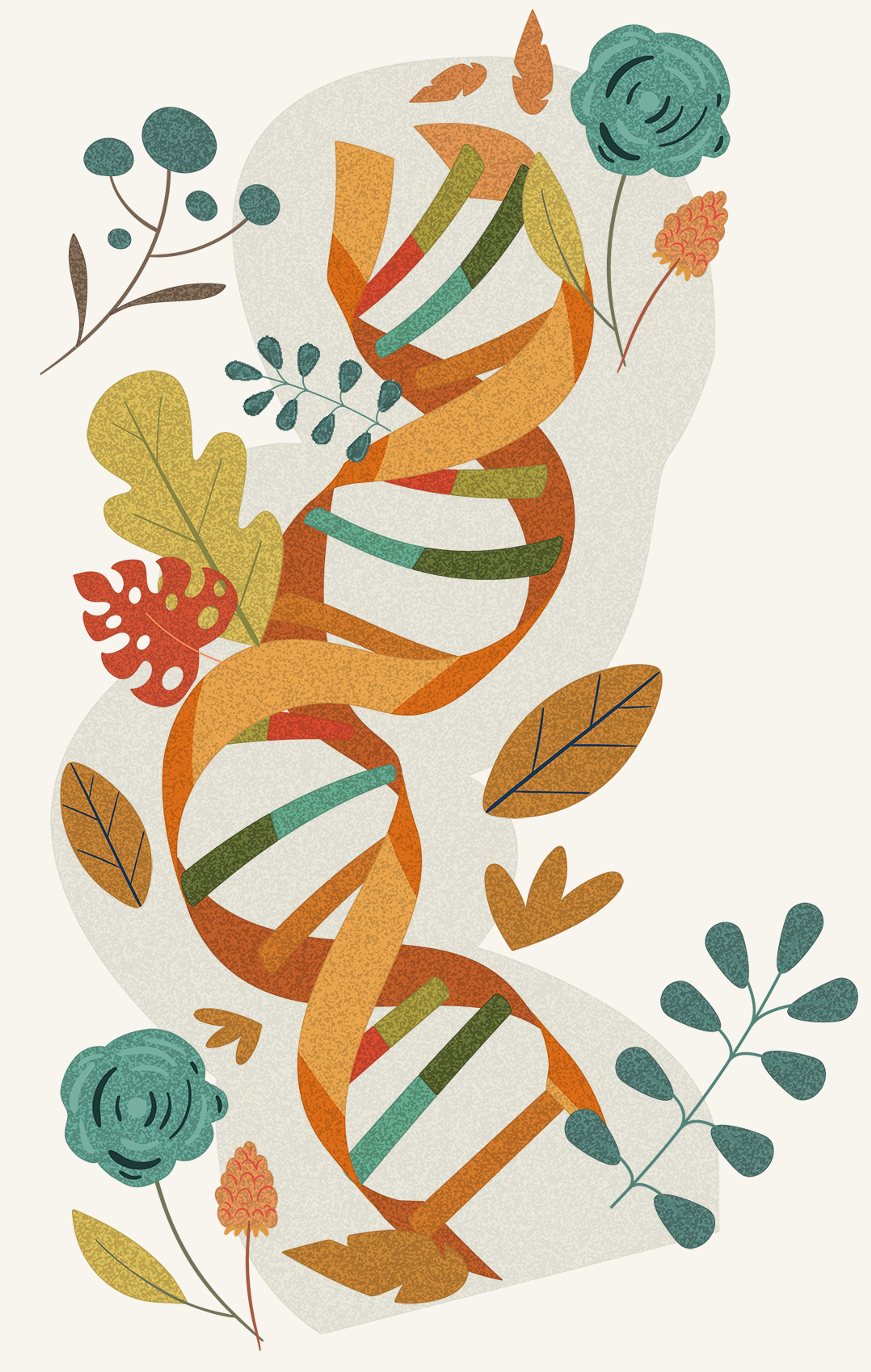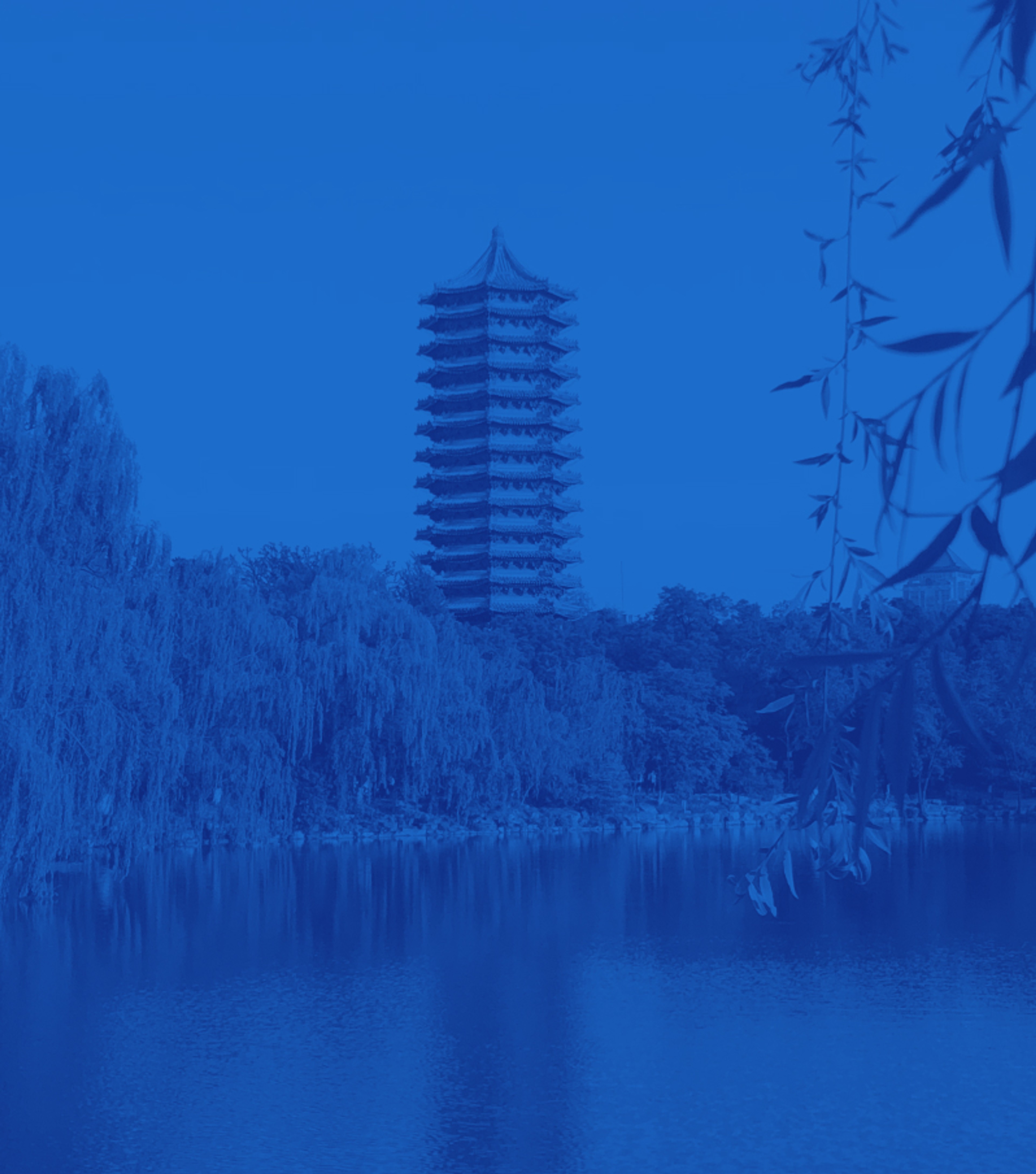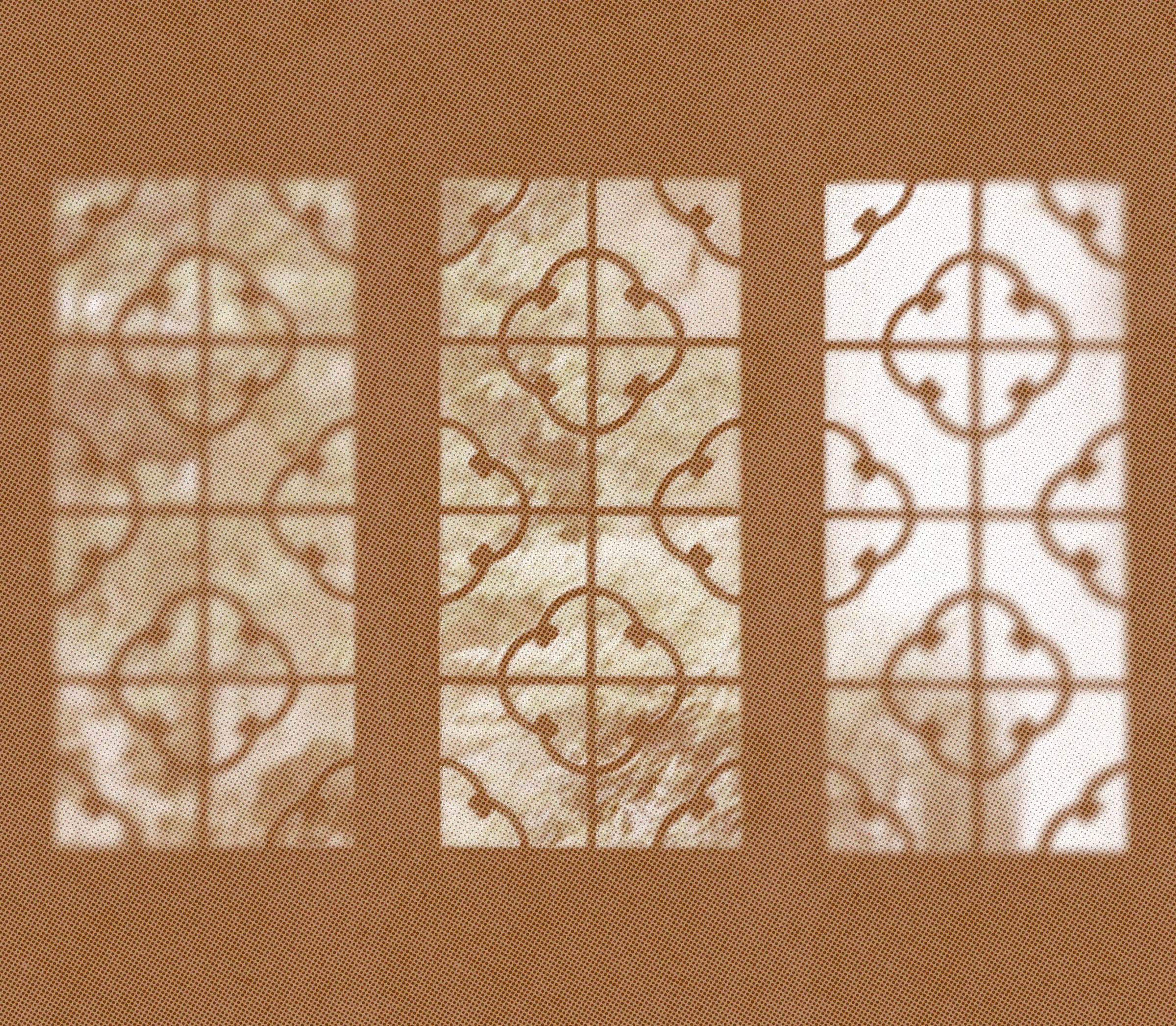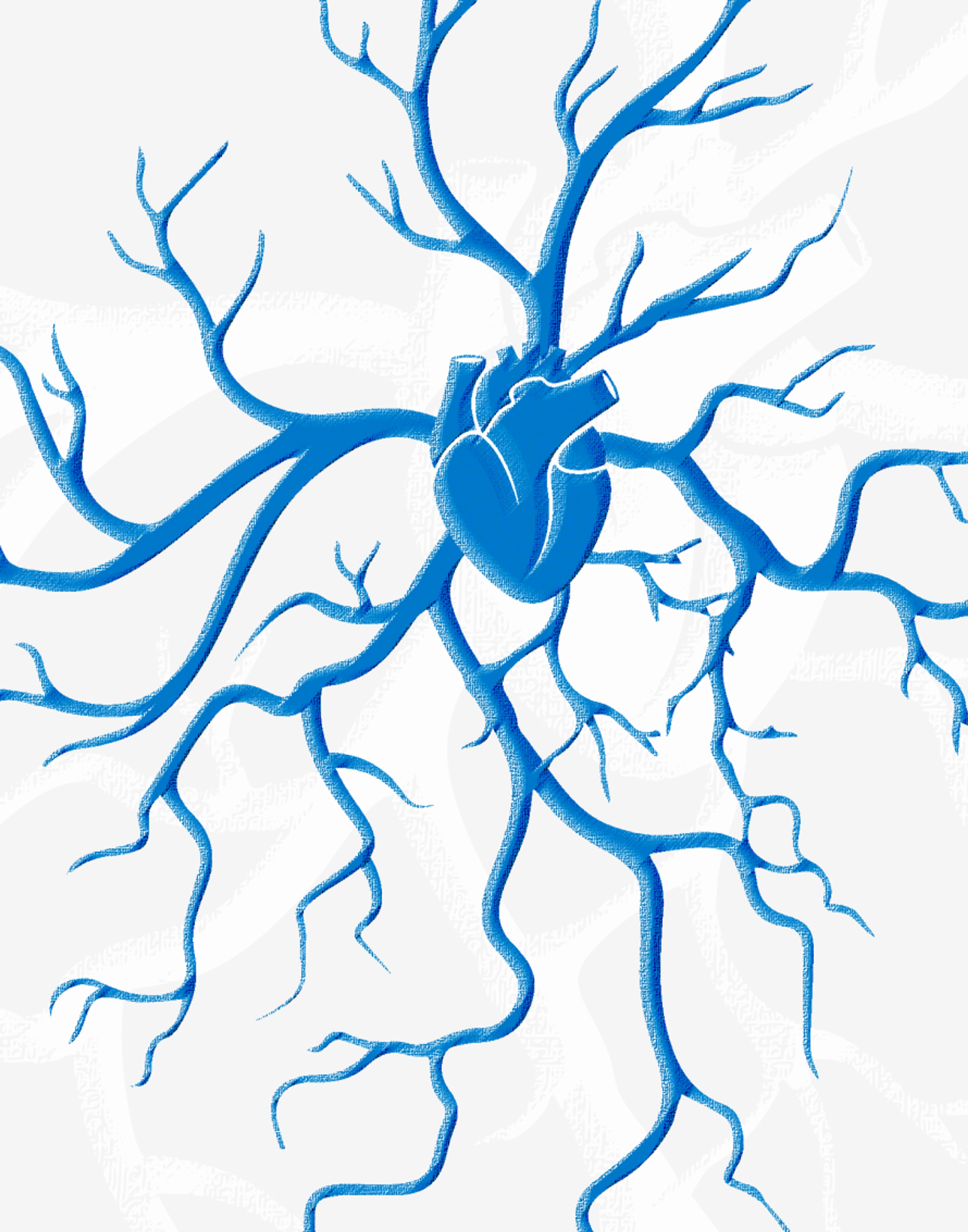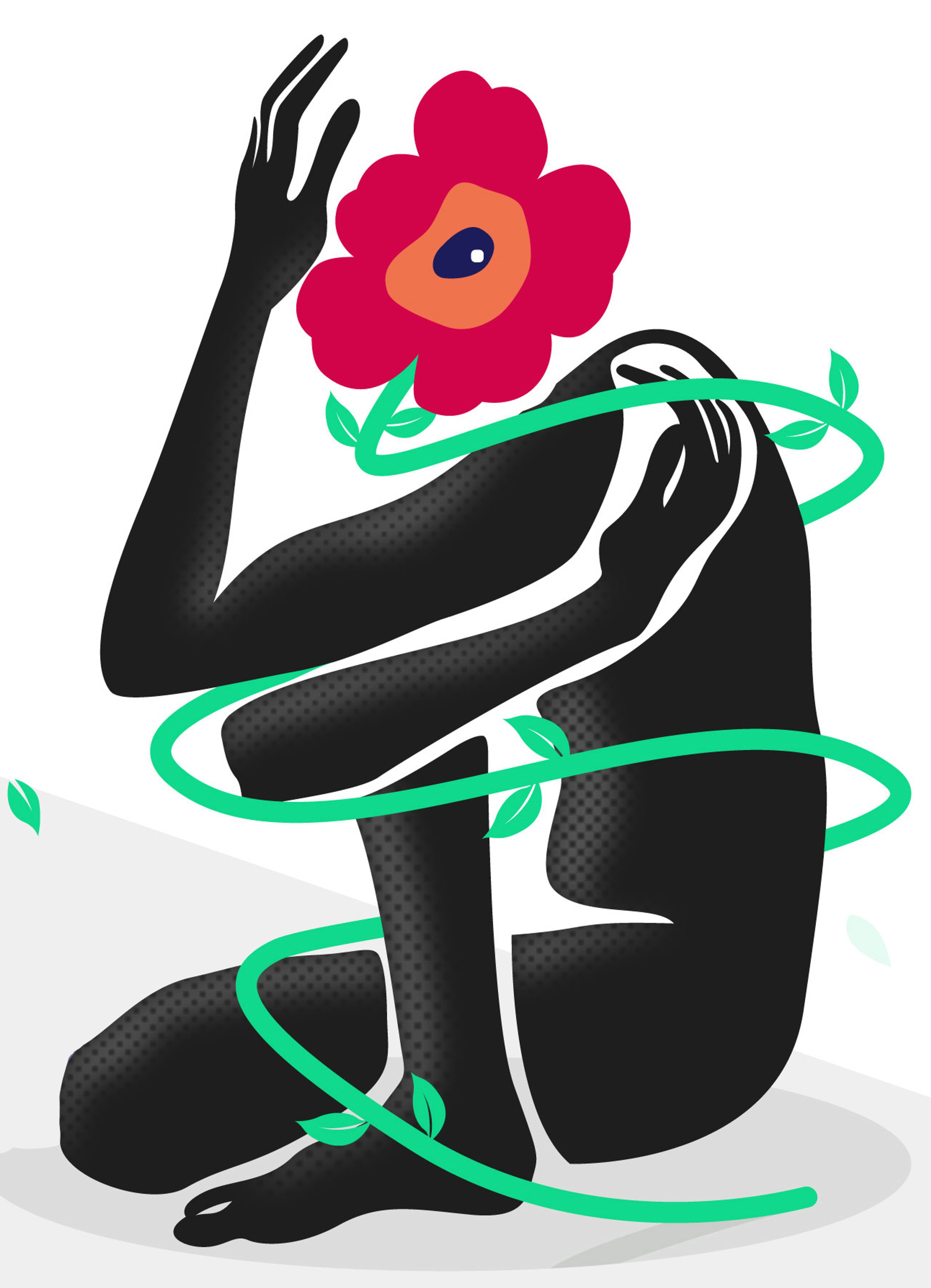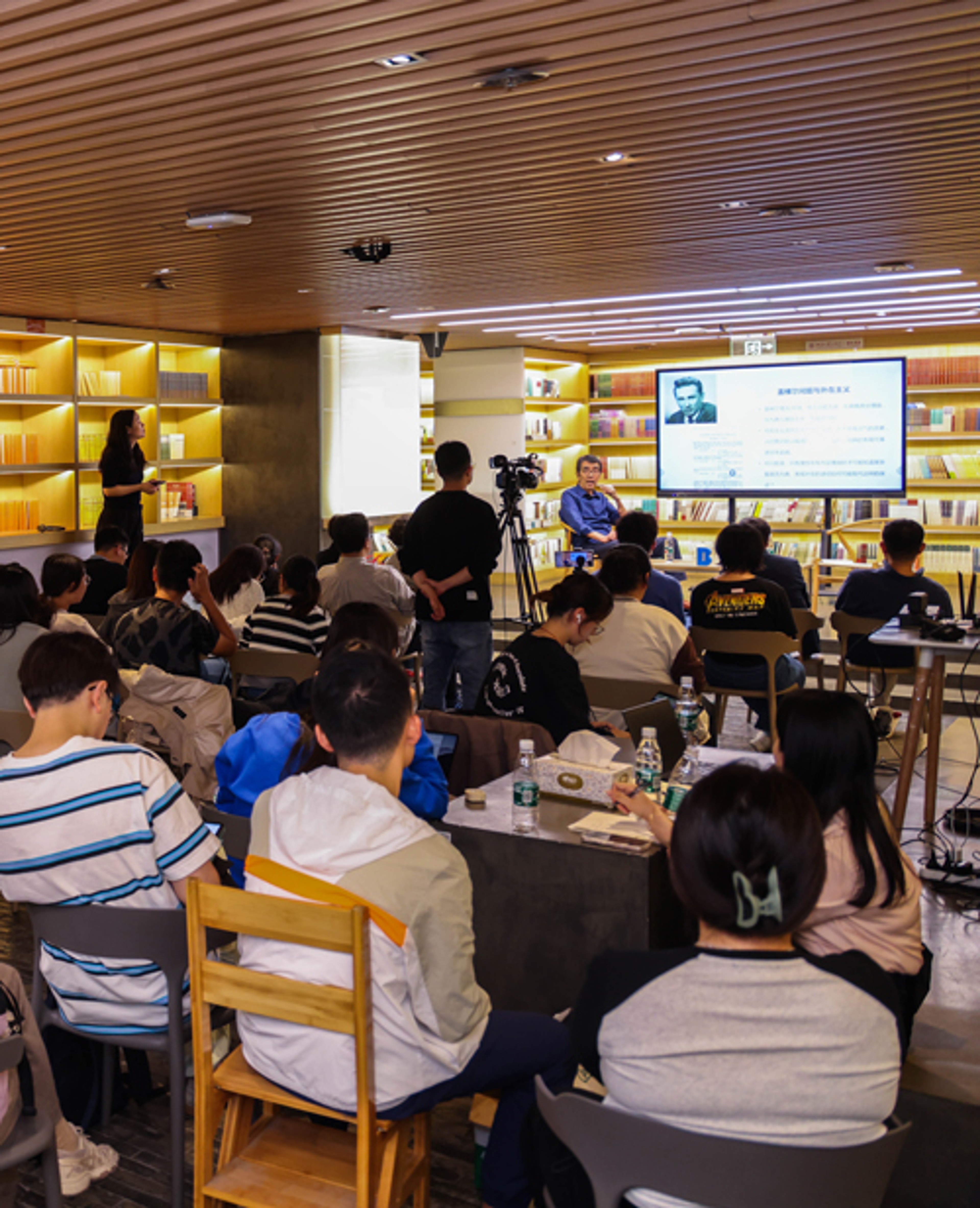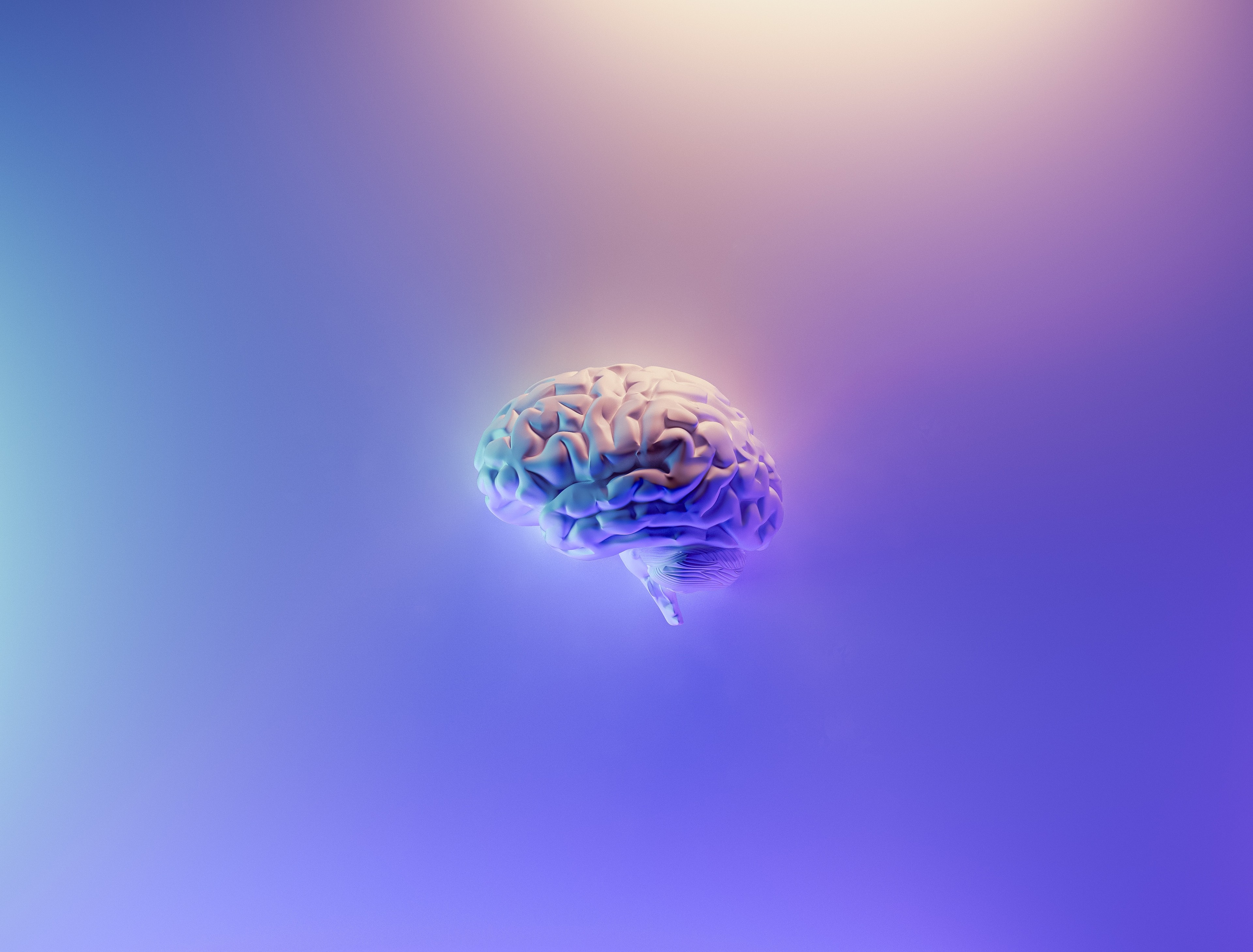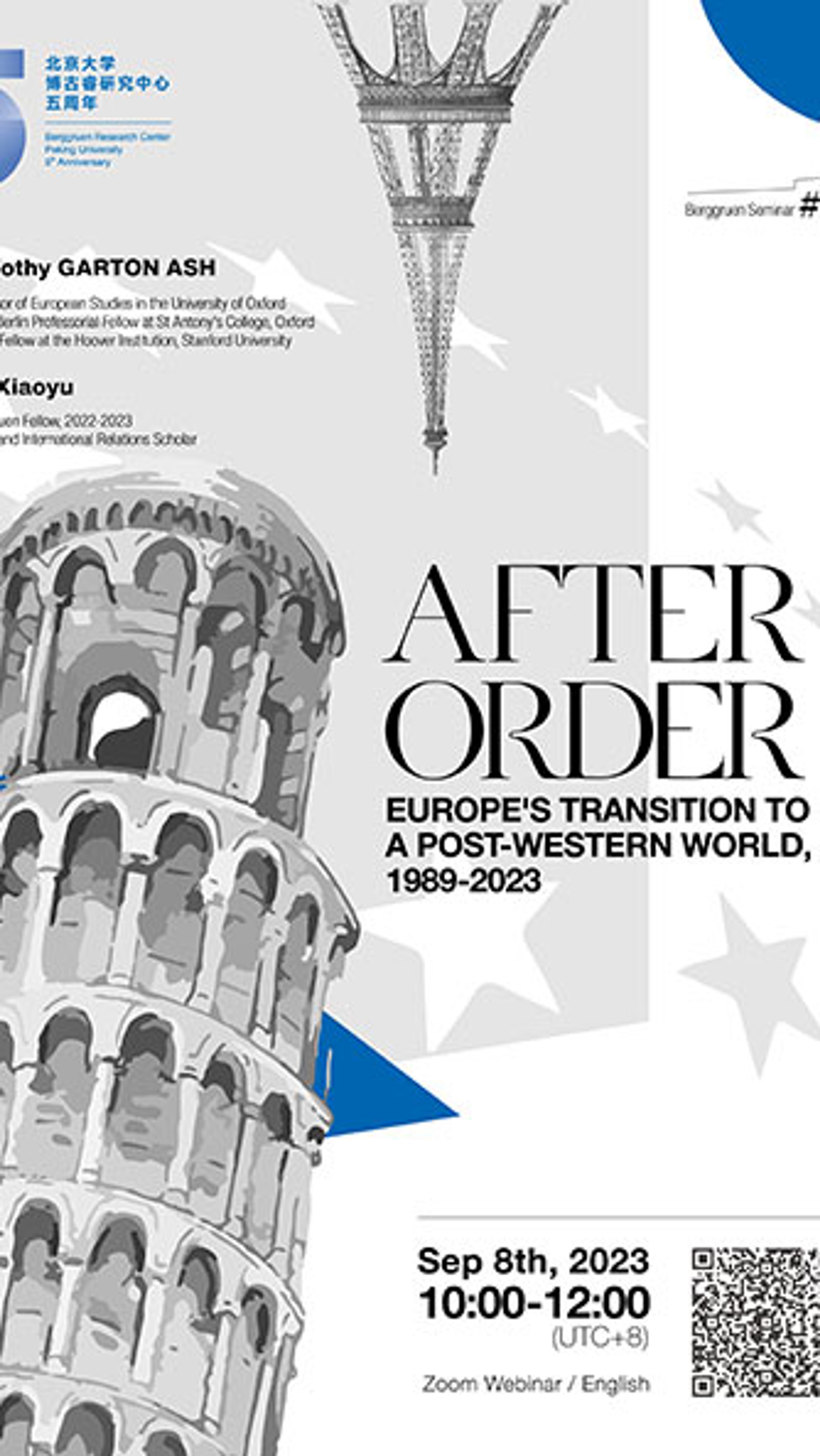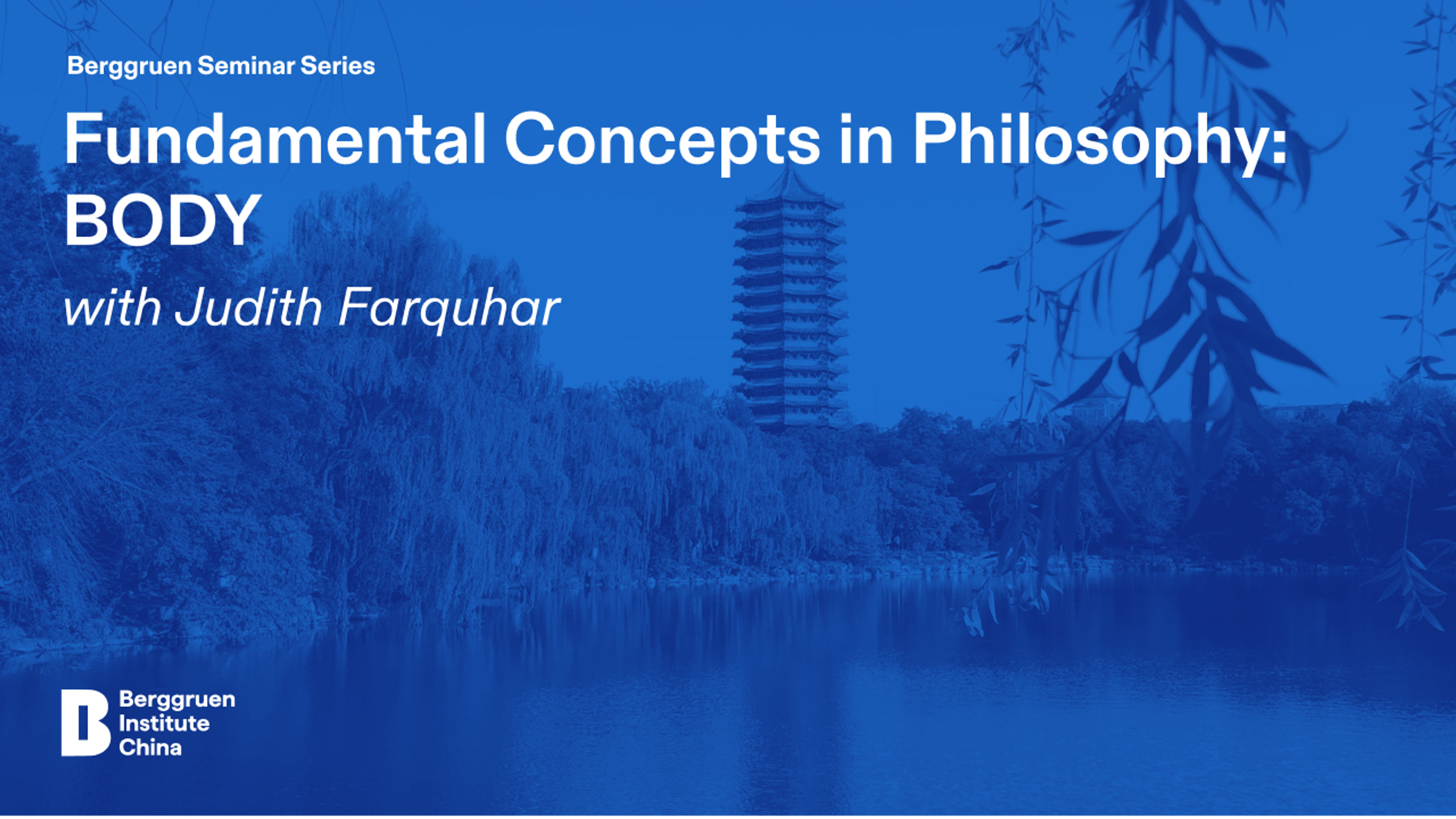Fundamental Concepts in Philosophy: BODY
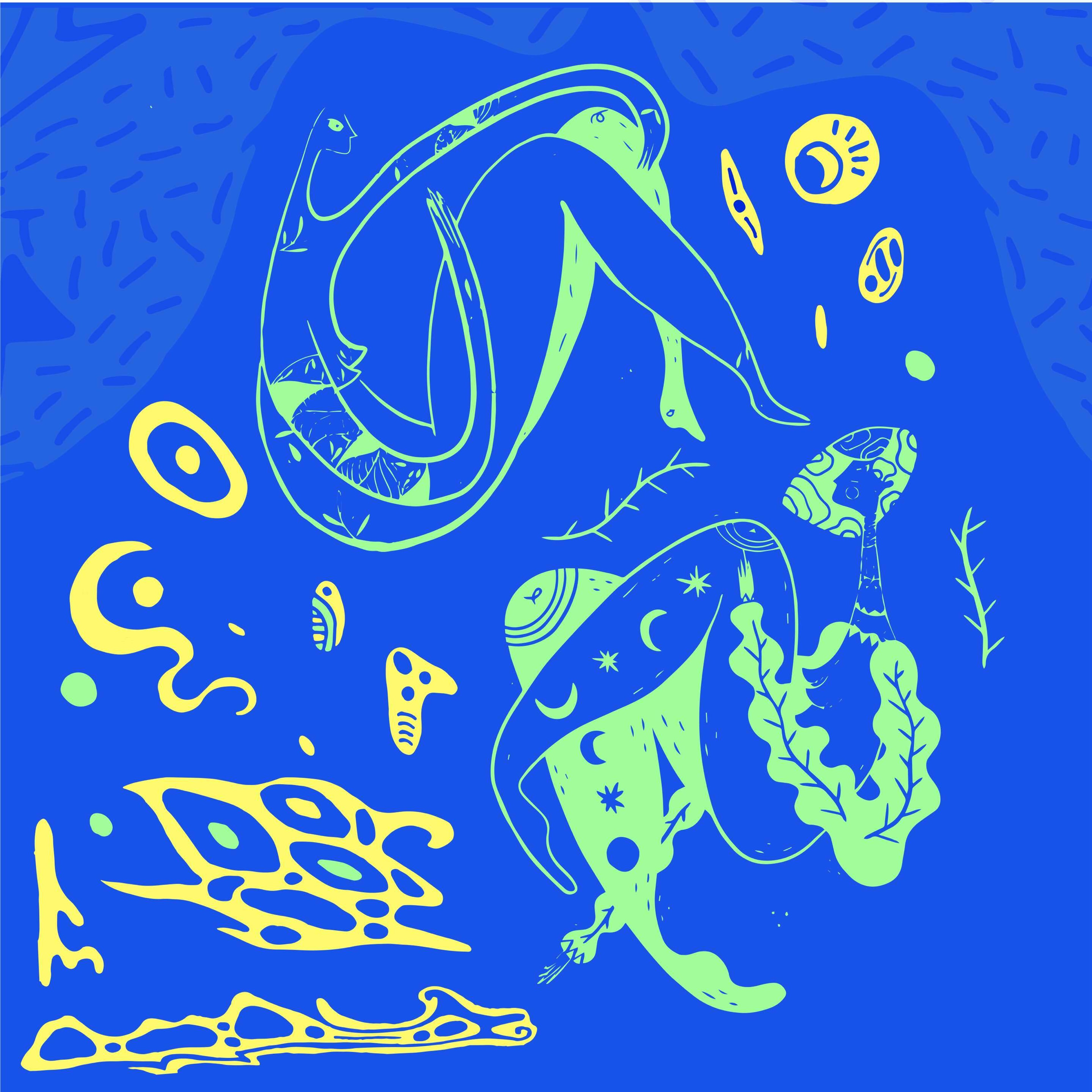
The famous mind-body dualism of a Western-dominated modernity has a genealogy going back to classical times, but it was René Descartes who rendered the distinction between body and mind most clear and distinct. The common-sense categories we share in global modernity remain strongly dualist despite many challenges from philosophers, artists, historians, and theorists. The authority of modern biomedicine is partly to blame. How have the modern sciences, like medicine, carved up reality to preserve the centrality of “mind” while leaving “body” as its troubled and non-explicit Other? What varieties of body, or forms of embodiment, can we acknowledge and enjoy as global contemporaries?
Summary
On the evening of July 3rd, 2024; the Berggruen Research Center at Peking University held its 27th seminar titled Fundamental Concepts in Philosophy: Body. We invited Judith B. Farquhar, the Max Palevsky Professor Emerita of Anthropology of Social Sciences at University
of Chicago, to discuss the philosophical perspectives of “the body.” The event was moderated by Lai Lili, a 2023-2024 Berggruen China Fellow and Associate Professor of Anthropology at the School of Health Humanities at Peking University, and live streamed through the Center’s
WeChat and Bilibili channel.
In the seminar, Judith Farquhar provides a thought-provoking take on the notion of “the Body” and its philosophy. Informed through her study and research in Chinese medicine and medical anthropology, Judith Farquhar came to realize in Chinese medicine and philosophy, there is no notion of a “body” as a single entity, but rather as part of a larger system of processes that have shaped the worldview and perspective of Chinese doctors and scholars.
Much of this perspective is untranslatable fueling misconceptions of “superstition” among those that do not understand it and making it difficult to communicate it to a wider audience.
Philosophical Foundations of Common Sense
In the beginning of the seminar, Judith Farquhar first made her academic and research lineage clear. As she put it “I am not a philosopher, just an anthropologist.” However, despite this, she found philosophy constantly present in her research. From this point, she first explicates the “philosophical foundations of everyday common sense.” To Farquhar, common sense is the presumption of things that one perceives as taken as given, something that we all take, but rarely think about. This notion of common sense implicitly guides how we “rationalize” the world and knowledge around us, which Judith Farquhar noticed especially when examining the discourse on “the Body”.
The Search for “the Body” in Chinese Medicine
From there, Professor Farquhar then discussed her inspiration for researching and speaking of “the body” in Chinese medicine through reflecting on her time in Guangzhou in the 1980s. While on a train passing through the countryside, she recalled the words of one of her
teachers, Jean Comaroff, to “find the body” in the medical world. It was this inspiration and search that influenced her subsequent medical anthropological research as well as her understanding of “the Body” in Chinese medicine.
The Body: The Untranslatable in both Language and Philosophy
Through her research and understanding of “the body” in Chinese medicine, Professor Farquhar came across two interesting and interconnected aspects that came to be at the center of the seminar. The first is the problematic translation of the term and concept “the body” or
“shenti” (身体) while the second and foundational one is the differing philosophical interpretations and understandings of “the body.” Professor Farquhar discussed the ideal of translation of “shenti”(身体)When translating, one must not only translate words as they mean but also translate them in a way that communicates the idea. This ideal notion of translation is difficult to achieve as it is often context-dependent. This is particularly the case, as Judith Farquhar explained, with the term and concept of “body.” In Chinese, this term has different translations depending on the perspective and context. To modernists (demographers or doctors), “shenti”(身体)refers to the actual body or person. However, to the philosophical scholars, “shenti” (身体)refers to
the “social self” with the awareness of self-cultivation (修身). While there are other translations, they are seldom used for reasons of either being technical or holding no significant meaning. For Judith Farquhar, her realization of the concept of the “body” emerged when she went back and reflected on the English word body and its philosophical implications or meaning. With this, Judith Farquhar concluded that she “would not find ‘the body’ in China” and changed her perception of “common sense” of the term “body,”, particularly in what it meant and it’s underlying how others and society perceive it from philosophical origins and perspectives.
From this, Professor Farquhar turned her attention from the translation to the different philosophical interpretations of “the Body” through the lens of the medical approach. Judith Farquhar started off by first making the fundamental distinction between Chinese and Western medicine (which she coins as “biomedicine”). The former “learns from the living body” while the latter “knows only the dead body, the body they can dissect”. With this distinction, she then went on to explain various philosophical perspectives of “the Body.” From Descartes' separation between Mind and Body or the Cartesian mind-body divide, Nietzsche’s perspective,
to the pragmatists such as William James and John Dewey with their focus on the interconnection with the mind and body, through this examination of the various interpretations of “the Body” by Western scholars, Judith Farquhar realized that in the Chinese approach to medicine and philosophy presented something deeper like that of a pre-cursor to Descartes and biomedicine. The notion of the body not as an “object” but as a “node” in the broader system of processes. Through this, she put the different notions and perspectives of “the Body” in the West and Chinese medicine in discussion with each other, slowly bringing
together once two different medical approaches and philosophical interpretations showing how both interpretations and perspectives speak of “the Body” in different ways, thus informing their approaches and practices whether that is with herbs or surgical procedures. To Judith Farquhar, the philosophical perspective of “the Body” and its differences allowed her to see and conclude that Chinese medicine provides a unique blend of science and philosophy different from that of biomedicine.
With this, Professor Farquhar ends with a pondering thought. Rather than “speaking of the body,” she believes that it is life that lies at the “source and wellspring” of medicine and philosophy which leaves the audience through the untranslatable phrase: “生生之道” .
Selections from the Q and A
Through questions and comments from the audience, a lively discussion about “the Body,” medicine, and translation emerged. Throughout this discussion, Judith Farquhar stressed the importance of examining medicine beyond the framework of “the Body” believing such perspectives can provide a novel reexamination of life, care, and treatment often overlooked due to the rigid framework of “the Body” that permeates debates and the pedagogy of medicine. When asked about medicine and the “culture clash” depicted in a movie where Gua Sha is misinterpreted as abuse, Judith Farquhar responded by reinterpreting “culture clash” as a difference in the ontology between knowledge formation and interpretation in the East and West which influences what defines acceptance and rationality to one’s mind rather than the belief of a misunderstanding between cultures. Other topics and questions that came up through the Q&A included the importance and difficulties of translating Chinese medicine to Western audiences, the presence of philosophy in biomedicine, and the emphasis on the relational and system mindset in Chinese medicine and its implication of care and treatment. Each question from the packed audience brought about a deeper examination and conversation about the philosophical concepts of “the Body” and the role of Chinese medicine in reshaping that understanding.
Summary by Julian Chiao, Berggruen Intern
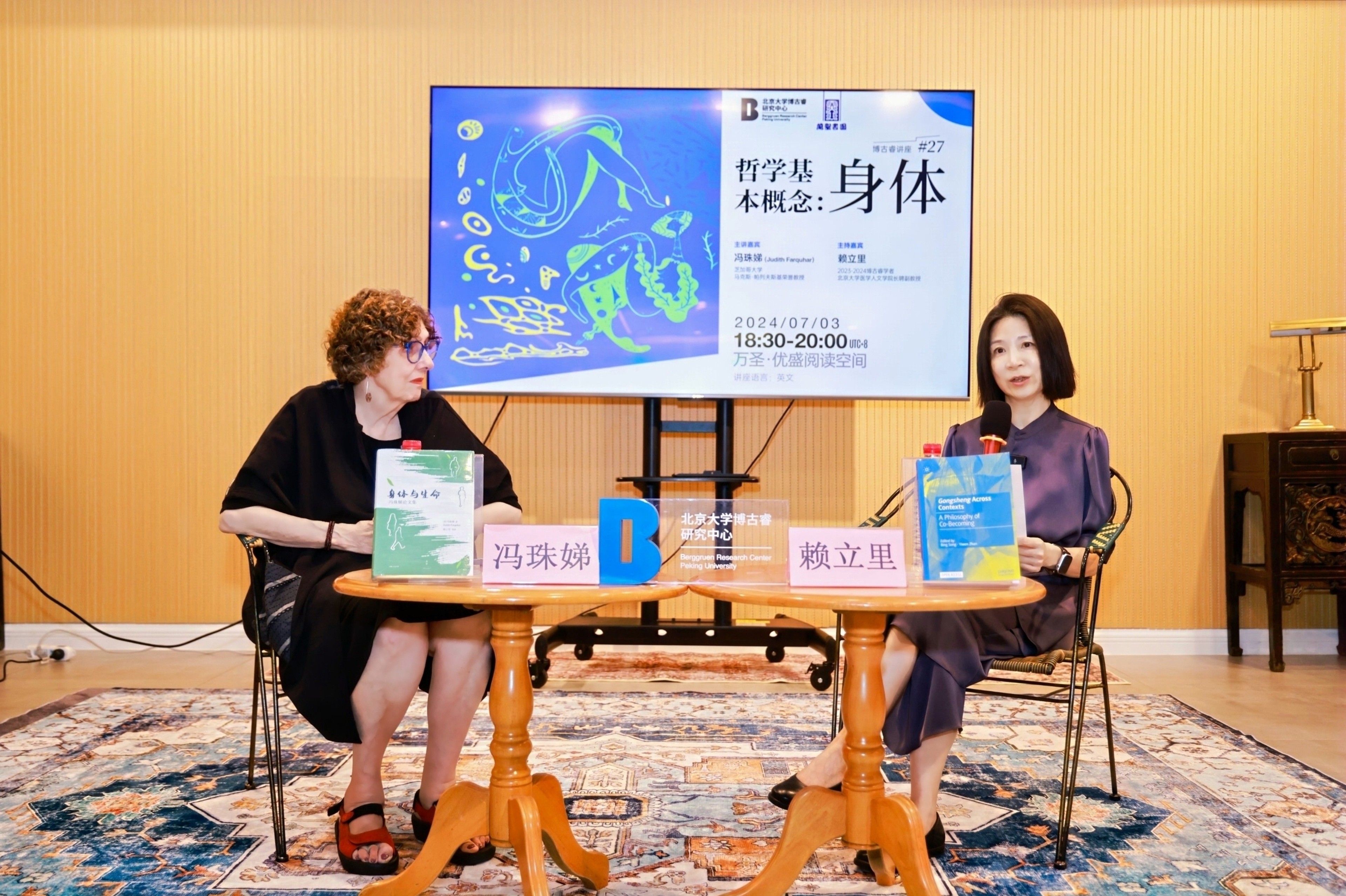
About the speaker
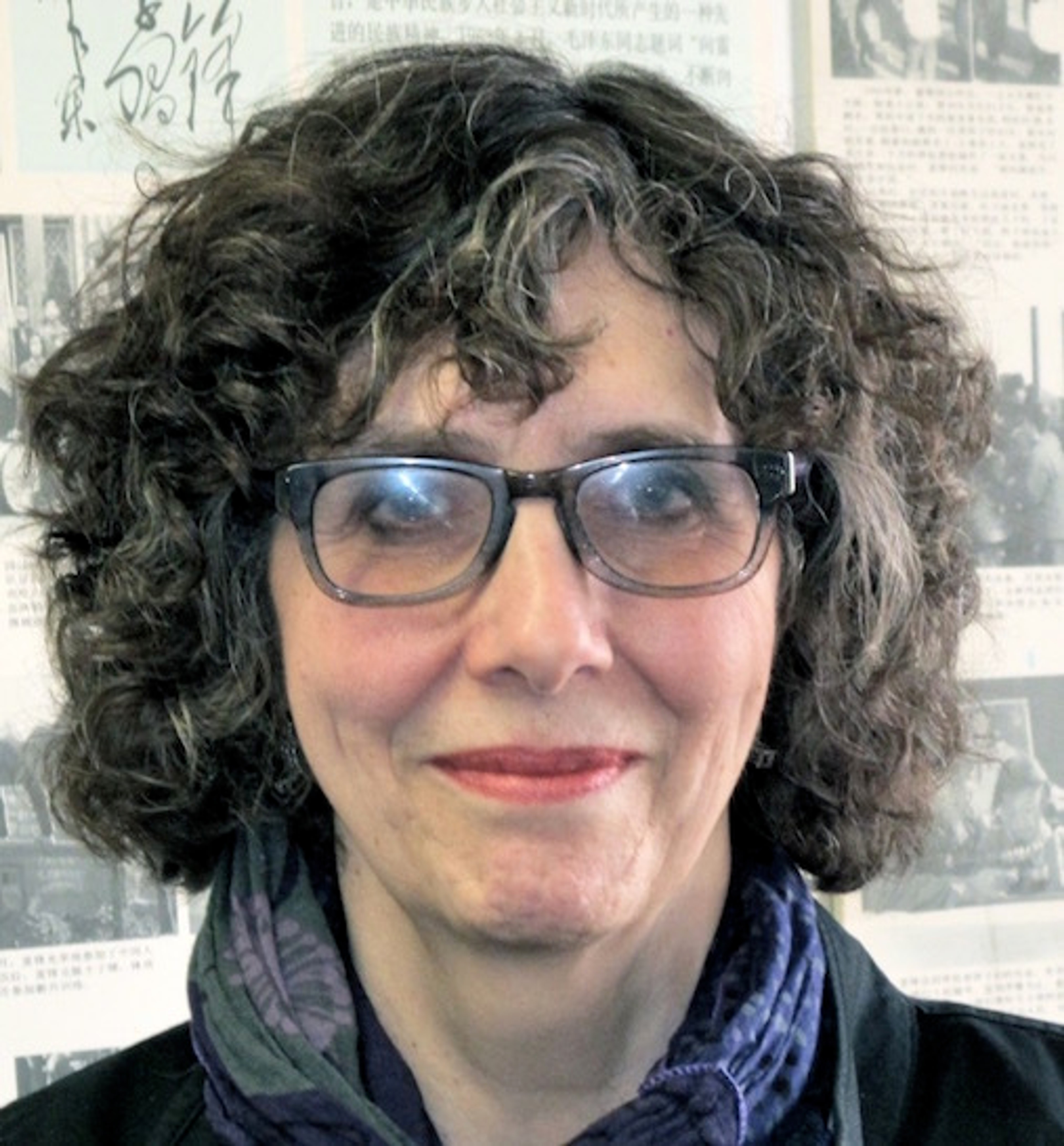
Judith Farquhar
Max Palevsky Professor Emerita of Anthropology, University of Chicago.
Farquhar has studied the history and practice of traditional Chinese medicine in modern China, and cultures of health and embodiment in both rural and urban China. Her most recent books include a philosophical reflection on Chinese medicine from Yale University Press: A Way of Life: Things, thought and action in Chinese medicine. And an ethnography co- authored with Lili Lai, Gathering Medicines: Nation and knowledge in China’s mountain south.
About the Moderator
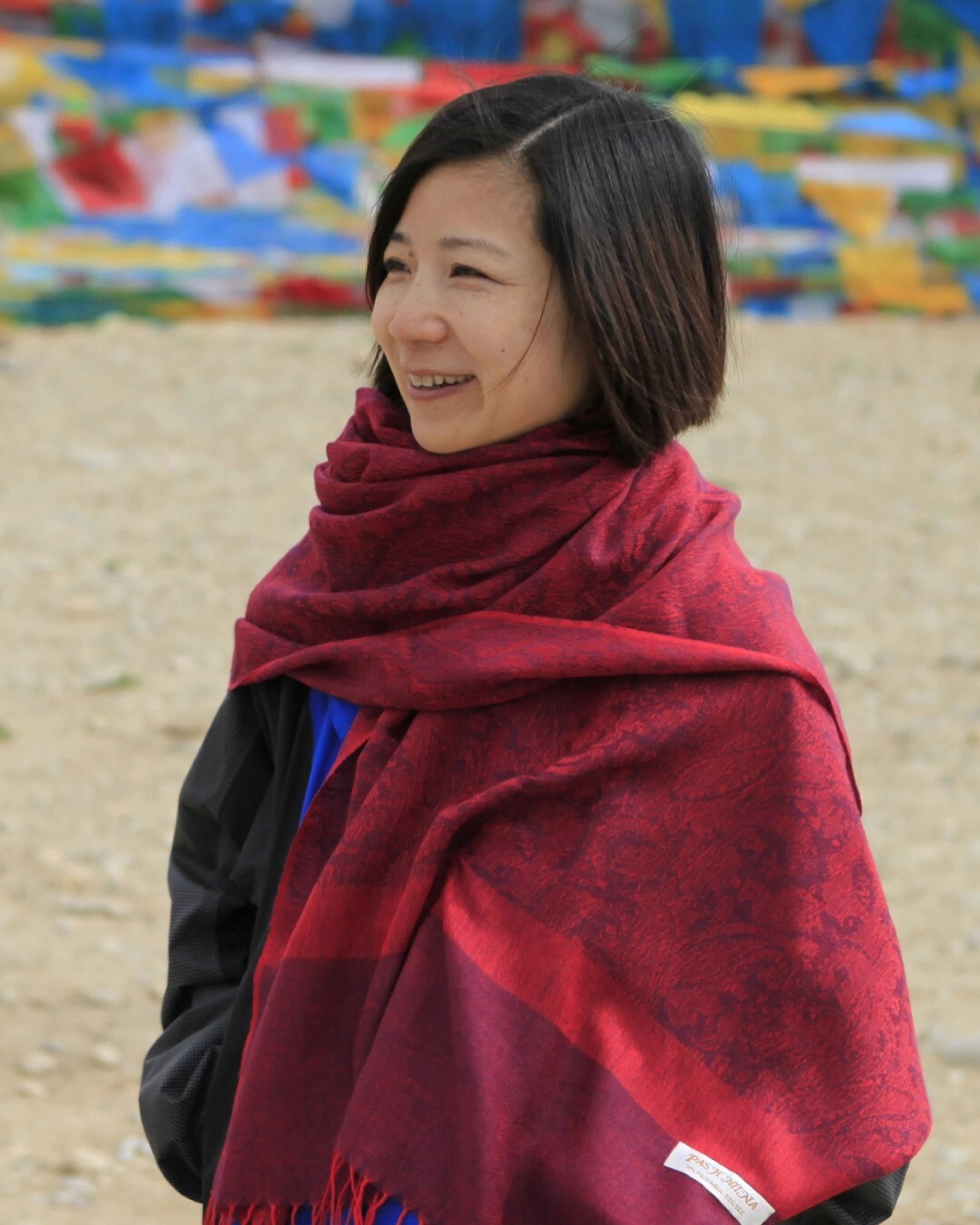
Lai Lili
2023-2024 Berggruen China Fellow, Associate Professor of Anthropology, School of Health Humanities, Peking University
Lai’s research interests include the body, everyday life, and medical practices. She has done extensive ethnographic and interdisciplinary research on health-related issues in rural and urban communities of Northern and Southwestern China. Dr. Lai’s monographs include Hygiene, Sociality and Culture in Contemporary Rural China: The Uncanny New Village (Amsterdam University Press, 2016), and Gathering Medicines: Nation and Knowledge in China's Mountain South, co-authored with Judith Farquhar (The University of Chicago Press, 2021). She received her MA and PhD in Anthropology from UNC-Chapel Hill.

